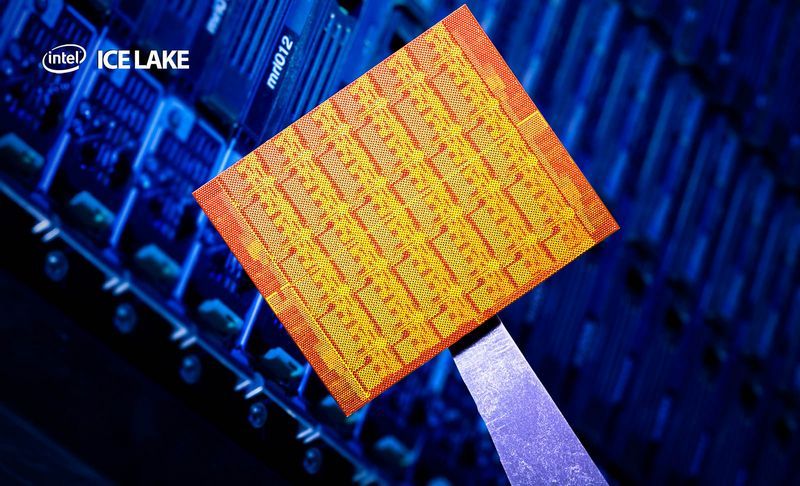Intel has announced more details about Rocket Lake-S, its 11th generation of desktop processors, and confirmed the use of Cypress Cove cores, contrary to what has been previously thought. Let’s see what this means and what else we know about their future line of processors.
Intel Rocket Lake-S: the 11th generation will arrive in early 2021 with Cypress Cove cores: a port of Ice Lake, not Tiger Lake
It seems that Intel wanted to take AMD and NVIDIA out of the spotlight by introducing their Ryzen 5000, which could prove to be checkmate for Intel.
Well, Intel has officially confirmed that Rocket Lake-S will use cores from Cypress Cove. This will be a port of Sunny Cove at 14 nm. What does that mean? It means that they will simply take the Ice Lake architecture (10th generation laptop CPU at 10 nm) and port at 14 nm to make CPUs under this lithography.
10nm is better and more efficient, but Intel has not managed to make this manufacturing process to reach the required frequencies, nor can it be done in the desired number of cores. The big news here is that it is no longer a part of the Willow Cove (11th generation Tiger Lake, but a part of the previous generation).
Intel urgently needs to reverse this trend
In any case, according to Intel, this will allow a double-digit increase in CPI (more than 10%), which, if the frequencies are maintained, could mean surpassing AMD in single-core performance, following the hard blow dealt with it by its competitor with Ryzen 5000.
Rocket Lake-S, more news announced by Intel:
- Integrated Intel Xe graphics that will deliver 50% more performance than previous ones.
- With up to 8 cores and 16 threads, we forget the 10/20 in this generation.
- PCIe 4.0 support.
- 4 additional PCIe lines.
- New memory controller with native DDR4-3200 support.
New boost algorithm powered by Deep Learning. Currently, neither Intel’s Thermal Velocity Boost nor AMD’s Precision Boost is particularly good, so this is an important point.
We also know that the new generation will arrive with the new 500 series chipsets, but it will be fully compatible with the 400 series.
The future of Intel desktop processors
Rocket Lake-S is not the only future generation of CPUs on which we have information. We also know that its successor will be Alder Lake-S, which is also scheduled for release in 2021 and will unlock DDR5 memories.
Finally, between 2022 and 2023 the Meteor Lake-S should arrive, which will in principle release the 7nm SuperFin from Intel, but there are already rumors that it will use the 5nm from TSMC. Like Alder Lake-S, the 13th generation of Intel Core will use the LGA1700 socket and support DDR5 and PCIe 5.0.
